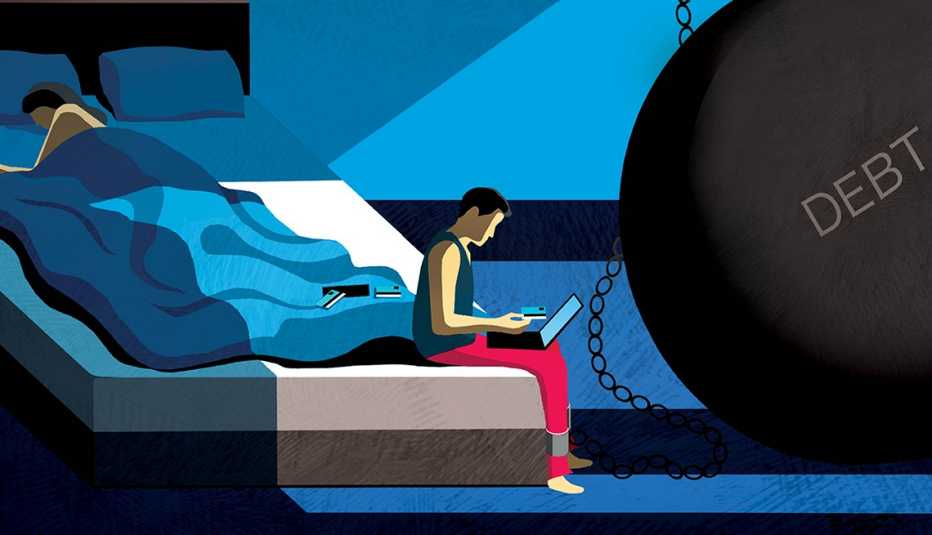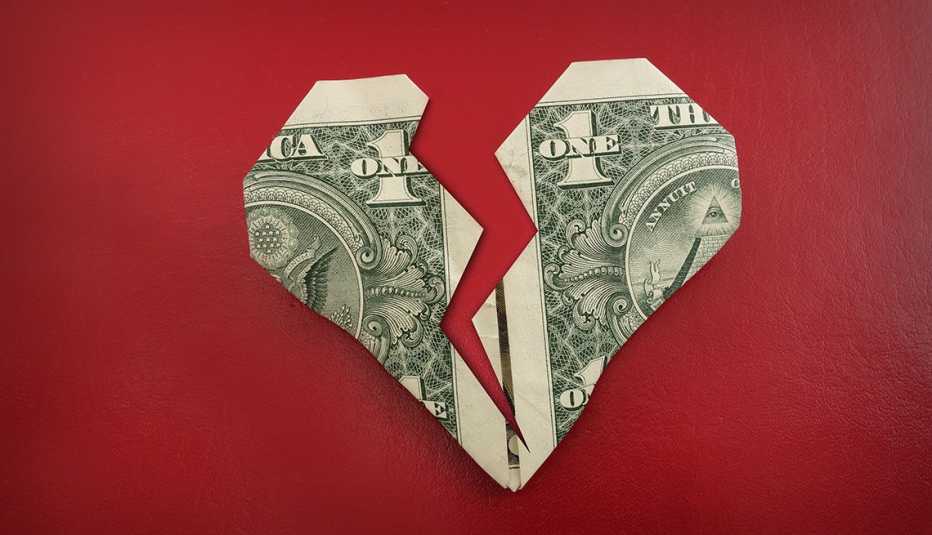Staying Fit
The problem
"I had an almost perfect credit score,” Nancy Hormachea, 74, wrote me. But last fall her score had dropped more than 150 points, to below average. The immigration attorney soon uncovered the problem: a credit card she'd held jointly with her former husband. They separated in 2001 and divorced in 2007, yet never closed the account, which she forgot about. By last year, though, he had charged $20,000 on the card and stopped paying. A collection agency came after Hormachea, putting the debt on her report from the Experian credit reporting agency. “What can I do to restore my credit?” she asked.


AARP Membership— $12 for your first year when you sign up for Automatic Renewal
Get instant access to members-only products and hundreds of discounts, a free second membership, and a subscription to AARP the Magazine.
The advice


Joint credit cards — the type Hormachea had with her ex, making each responsible for the debt — are a rarity. Most cards with multiple users now have a single holder responsible for the debt and authorized users who don't have to pay the bill. Even so, debts will show up on your credit report whether you're a joint account holder or just an authorized user, says Sally Taylor, vice president of scores at FICO. Your credit report feeds into scores such as FICO's, which companies use to decide, among other things, how much interest to charge on loans.
So when you end a marriage, it's important to verify that all your accounts are consistent with your divorce decree, which should stipulate responsibility for debts, says Rod Griffin, senior director of public education at Experian. That may mean refinancing a jointly held mortgage and dropping an authorized user from credit cards. Divorce decrees also sometimes have a “hold harmless” clause, in which a spouse agrees that you're not liable for a debt even if it was originally in your name. Hormachea could use that to get her ex-spouse to pay the $20,000 she is now liable for, says credit expert John Ulzheimer, who often testifies in these cases. But this was easily avoidable, he says, blaming a “bad divorce attorney for not identifying joint liability and not doing something about it when they got divorced."
So what should Hormachea do to fix the problem now? Go on the offensive, say the experts.
1. Pull all credit reports.
Look for the offending debt and for other debts, too. The three major credit bureaus — Experian, Equifax and TransUnion — are providing free reports weekly through next April at annualcreditreport.com.




































































